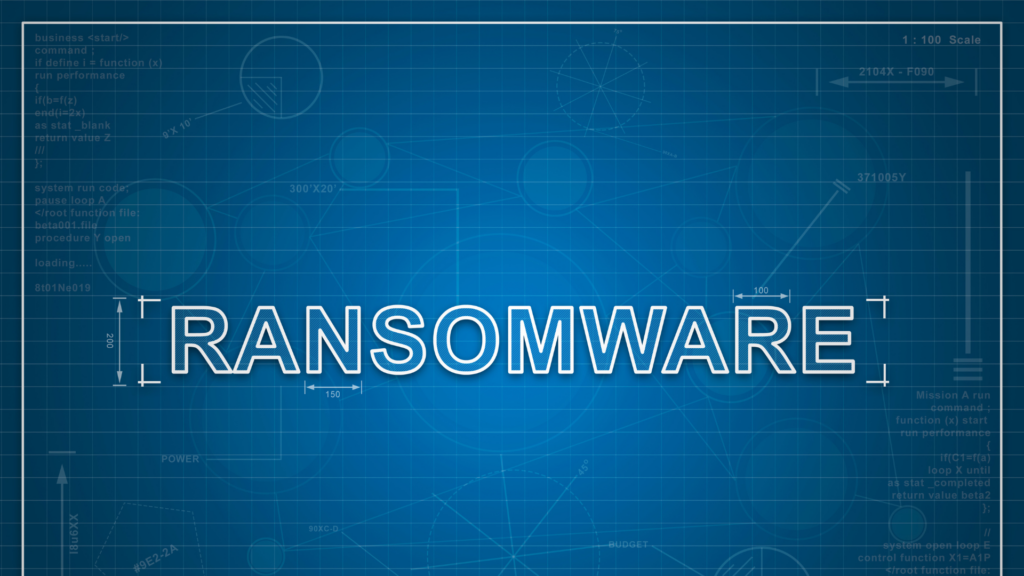The latest Microsoft Digital Defense Report sheds light on a troubling trend for businesses: unmanaged devices, particularly those used by remote workers, have become prime targets in ransomware attacks. Microsoft reports that a staggering 80-90% of ransomware attacks over the past year began with compromised, unmanaged devices. With the increasing reliance on Bring Your Own Device (BYOD) policies and companies employing contractors on unmanaged devices, businesses are facing heightened risks and scrambling to mitigate vulnerabilities that come with unsecured endpoints.
The Vulnerability of Unmanaged Devices:
Unmanaged devices – those personal laptops, tablets, and phones used by employees and contractors for work – often lack the comprehensive security controls of managed devices. Microsoft’s report highlights that without dedicated security measures, these devices are like open doors for ransomware. Many companies find themselves hamstrung by these devices, which can act as easy entry points for cybercriminals to launch ransomware attacks.
How Ransomware Threatens Unmanaged Device Environments:
Ransomware groups have developed a sophisticated ecosystem of tools and strategies designed to exploit the less-secure environments of unmanaged devices. These devices frequently lack:
- Updated Patches and Software: Regular updates are a critical defense against ransomware. Personal devices often fall behind, leaving vulnerabilities unpatched.
- Unified Security Protocols: With varied user behavior, antivirus programs, and security settings, each device becomes a unique risk profile, making it hard for IT teams to protect company data consistently.
- Endpoint Detection and Response (EDR): Most unmanaged devices don’t have EDR solutions, making it challenging to detect suspicious activity quickly and respond to potential breaches before they escalate.
Remote Work Amplifies the Problem:
The shift to remote work has widened the attack surface. With more employees logging in from personal devices, whether from home or public networks, companies are exposed to increased risk. Each unmonitored connection to company servers is a potential security gap, allowing ransomware attacks to proliferate across the network.
Building a Defense for BYOD and Unmanaged Devices:
Many organizations just don’t know secure BYOD solutions for laptops exist. Instead of rejecting BYOD policies, which are often cost-effective and appealing for remote employees, companies should consider solutions that safeguard data without imposing on personal privacy or device management. Here are some best practices:
- Data-Centric Security: Solutions like data protection overlays isolate company data within personal devices, restricting access to work-related data without monitoring private usage. Venn’s approach, for example, emphasizes protecting company data directly in a Secure Enclave, or container, on unmanaged BYOD devices.
- Multi-Factor Authentication (MFA) and Access Control: MFA significantly reduces the risk of unauthorized access. Strong access controls also help ensure that employees access only the data they need, minimizing exposure if an unmanaged device is compromised.
- Advanced Threat Monitoring and Response Tools: Partnering with solutions that work well with personal devices but include incident response features for any suspicious activity can mitigate the spread of ransomware and enable faster response times.
- Zero-Trust Architecture: By assuming that all devices and users are potential threats, companies can build more robust, verifiable access protocols and minimize the chance that ransomware can make its way into critical systems.
How Venn’s Technology Can Help Secure Unmanaged Devices
Venn’s technology directly addresses the core issues highlighted in Microsoft’s Digital Defense Report, offering a solution that secures corporate data on unmanaged, personal devices used in remote work environments. Venn’s approach to data-centric security mitigates the challenges of controlling data across diverse, unmanaged endpoints without compromising user privacy or requiring device control.
- Data Isolation Through Venn’s Blue Border: Venn’s Blue Border creates a protected, isolated Secure Enclave environment on personal devices where work data resides securely. This allows employees and contractors to access sensitive data without the need for IT to manage the device itself, significantly reducing the risk of ransomware spreading from one user to another.
- Remote Wipe and Access Control: Venn’s technology enables companies to remotely wipe corporate data from an employee’s device if the device is lost, stolen, or compromised. Additionally, Venn’s robust access control features ensure that only verified users can access the Secure Enclave, with multi-factor authentication adding an additional layer of security.
- Minimized Attack Surface for Remote Encryption: By protecting data within a Secure Enclave, Venn limits exposure to remote encryption attacks commonly exploited in ransomware incidents. This secure boundary restricts lateral movement within networks, helping companies prevent ransomware actors from using compromised unmanaged devices as gateways.
- Privacy-First Monitoring: Unlike traditional monitoring solutions that surveil entire devices, Venn’s solution ensures that only work activities within the Secure Enclave are monitored, respecting user privacy and maintaining compliance with data protection standards.
By adopting Venn’s technology, organizations can confidently allow remote work and BYOD policies while keeping sensitive data secure, reducing ransomware risks, and helping mitigate the potential for costly breaches due to unmanaged devices.
Conclusion
Microsoft’s Digital Defense Report is a wake-up call. Unmanaged devices, often the cornerstone of remote work, are vulnerable spots in many organizations’ defenses. Companies embracing BYOD policies need a balanced approach that secures their data without managing personal devices. With the right tools, they can build resilience against ransomware and secure remote work environments against ever-evolving cyber threats.



